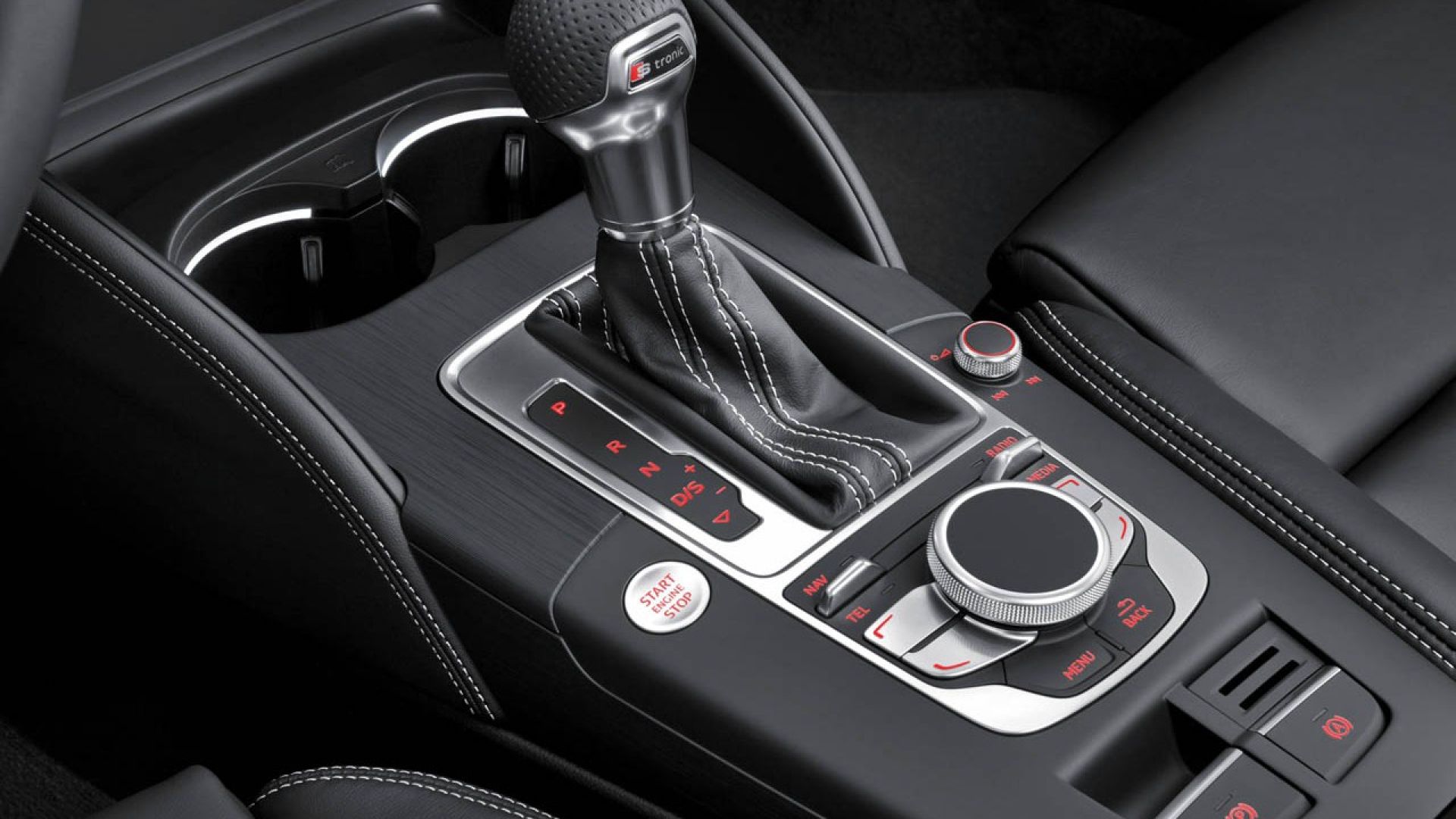
Bond's cars will be familiar to anyone who has ever seen a Bond movie. There is one Bond car that stands out from all the rest, including the Aston Martin DB5 as well as the Bentley Mark IV and Rolls Royce Silver Cloud II. But which is the most iconic? What would you want to have? Keep reading to find out more. Here are some lesser-known models in addition to the Bond cars.
Aston Martin DB5
The Aston Martin DB5 is a magnificent piece of cinematic heritage in James Bond's debut film. Motor magazine featured a feature on the car. The DB5 was removed from public display after more than 30 years. It was then sold to RM Sotheby's in 2006. The car was brought back to its original condition, with all special effects intact.

Bentley Mark IV
The Bentley Mark IV is one of the most iconic Bond cars. Filming the film took place thirty years after its original release. However, the crew decided to go for a more historic car. The Mark IV was the first Bond movie to have an open roof. This film was notable for continuing a tradition carried over from From Russia with Love. The Bentley Mark IV is Bond's most historic car.
BMW Z8
BMW's new model, Z8, has a retro-styled design that looks like a 1950s or 60s car. The Z8 was inspired by the iconic BMW 507 roadster and draws its design cues from that model. The car is not a carbon copy, however. It is, instead, a fully modern car with retro-styled details. And its performance is second to none.
Rolls Royce Silver Cloud II
Cubby Broccoli owned the Rolls Royce Silver Cloud II as his personal car. Bond used it in Thunderball as well as A view to making a killing. It seamlessly blends in with the estate's grandeur in both films. The vehicle is also well-known for its role playing Bond's chauffeur. Patrick McNee (The Avengers TV Series) plays that role.
Rolls Royce Series 5 DB4
The DB4s are the Rolls Royces featured in James Bond movies. The DB4s have been regarded as a symbol of luxury vehicles. The Bond cars are an iconic example of luxury vehicles, but they are not the only ones. Among these, the DB4 was used on A View to a Kill. Licence to Kill and Thunderball. These iconic vehicles were also featured in numerous feature films and television shows, including Spectre.

Lotus 2000
The iconic Lotus Esprit Turbo was used by James Bond in For Your Eyes Only as a spy car for James Bond. The engine, known as the 907 cc., was common to many Bond cars. The engine was located longitudinally at the rear of the car and produced 160 horsepower in Europe, and 140 bhp here in the USA. The car also had an inboard rear brake, which gave it a sporty look and weighed less than 1,000 pounds.
FAQ
Are you looking for a career as an automotive mechanic?
There are many exciting opportunities in the automotive industry for people who are driven to achieve excellence. Working hard and learning from others is the best way to be successful in this field.
Because you will be spending most of your time communicating with customers and employees, you will need excellent communication skills. It is important that you are willing to travel, work long hours and be able to commute.
You can take classes at universities and community colleges if you are interested in a career as an automotive technician. Many schools offer programs for students who are interested to learn about auto sales, customer service, or repair.
You should choose to study mechanical engineering if you want to get a degree. You can get your bachelor's degree in as little as four years.
Many companies will hire students straight out of college. Therefore, it is a good idea to look for employment while still pursuing part-time studies.
After you have completed your education, you will likely need some training to be able to work as an automotive technician.
This means you'll need to pass exams such as the Automotive Service Excellence (ASE) certification exam. This exam covers topics such as engine maintenance, brakes and suspension.
After passing the ASE exam, you can apply for a National Institute for Automotive Service Excellence license.
A license permits you to repair private vehicles. You'll be paid based upon the number of services provided.
It is important to remember that not all states require licensing. A license is required if you plan on working outside of your home state.
Some states don’t issue licenses until a certain amount has been completed. If this applies to you, then you may need to find another option.
What are the qualifications for an automotive technician
You need to have high school diploma or GED and good grades in English as well as maths. It is also necessary to be able both to read and to write. To be allowed to work, you must pass a written and practical test.
Do I need to have a degree to work as an automotive mechanic? Can I study part-time?
Although it's not mandatory, a degree can help. Most employers prefer candidates who have studied for a full degree rather than those who haven't. This shows you have put in the work and achieved success.
However, it doesn't mean you can't still work while studying. Some universities allow students to complete coursework over the summer holidays and finish their studies later in the year. Other universities permit students to take classes part-time during the school year.
Is it really worth becoming a mechanic.
The answer depends on what you are looking for in life. If money is your goal, then you can answer "yes". But if you are searching for meaning and purpose, then you should not answer this question.
If you don't have any mechanics skills, then there's no point getting into it because you'll just end up wasting time. It's not going make you millionaire. It won't make you famous. You won't be famous.
You'd need to spend years learning how everything works. It would be expensive to have your car fixed by someone else. This is why most people don’t bother. They find something else to do.
Let's sum it up: If you want to make a lot of money, then do so. You can't live a meaningful existence if your goal is to make a living in the mechanic's business.
What is the difference between an automotive technician and a mechanic?
Although they may be similar, they are not identical. A mechanic repairs cars and an automotive technician performs maintenance.
A mechanic must have good manual dexterity and be able to perform simple tasks quickly. A mechanic should also be able accurately diagnose and repair problems.
An automotive technician needs to be more technically skilled than a mechanic. They must be capable of reading blueprints and using tools such as drills, wrenches, etc.
They should be able safely to perform complex procedures. They need to be familiar with various types of engines and electrical system.
They should also be able understand how different parts interact.
The result is that a mechanic often earns less than an auto technician. There are many job opportunities in both.
What qualifications do you need to be a truck-mechanic?
While you may not have the formal qualifications to perform this job, your skills are well-rounded in working on engines and trucks. You are a valuable asset as you can quickly diagnose and solve problems efficiently.
You also have an excellent knowledge of diesel technology which will help you to understand what parts are needed to repair our vehicles.
Does it really matter what college I choose?
Non, really. In terms of getting into the auto industry, there is no distinction between colleges. You will find that some schools offer better programs than others. If you are looking for something more specific, consider going to another school.
Statistics
- According to the BLS, the median annual salary for automotive service technicians and mechanics in the United States was $44,050 in May 2020. (uti.edu)
- According to the BLS, total auto technician employment is expected to exceed 705,000 by 2030. (uti.edu)
- The U.S. Bureau of Labor Statistics (BLS) reports that the job outlook for automotive service technicians and mechanics is expected to decline by 4% from 2019 to 2029. (indeed.com)
External Links
How To
How to get a mechanic certification
The mechanic's certificates are intended for professionals who wish to become automotive technicians. These certifications provide an overview of all aspects of auto repair including engine diagnostics and electrical systems, brakes. steering. fuel injection. air conditioning. heating. exhaust. diagnostic tools. body repairs. collision damage repair. collision repair. paintless dent removal. motor vehicle emissions testing.
The program includes 12 hours of classroom instruction as well as three months of training on the job at a participating dealer. Students must take a minimum 60-hour semester of classroom instruction. Additionally, students must pass a written examination that includes both theory and practical questions. Students may take the National Institute for Automotive Service Excellence's state exam after completing the coursework. Automotive service technicians must be certified by ASE.